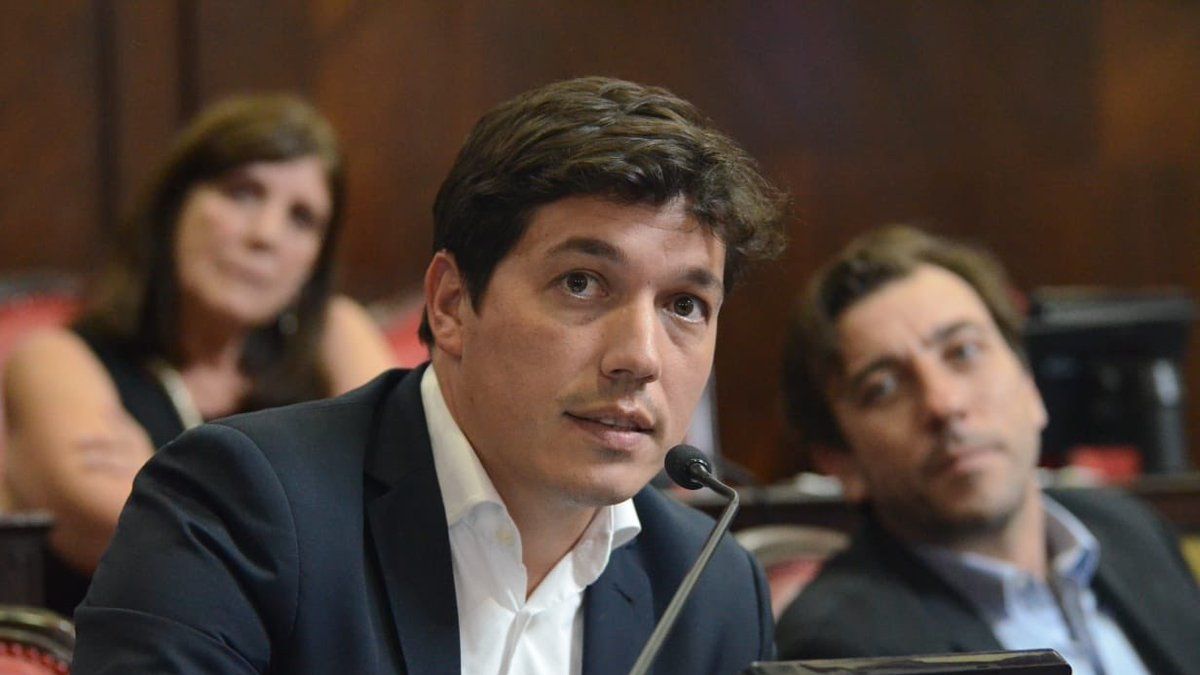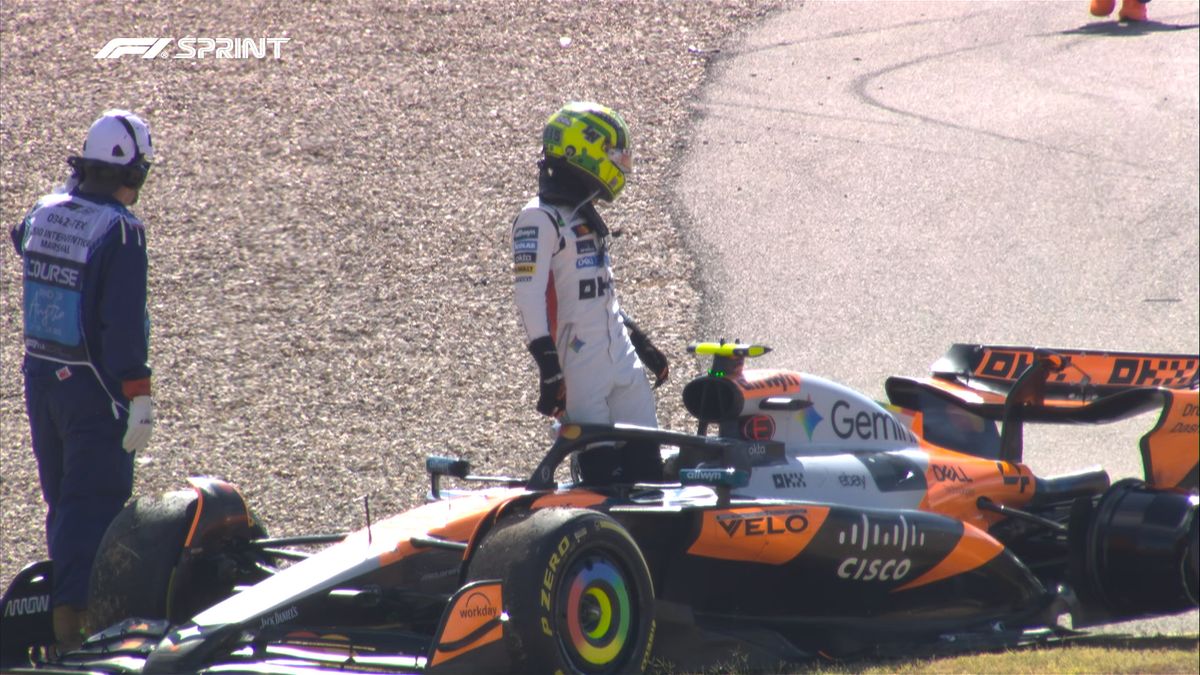There are US$1.7 billion dollars coming from international funds for the agroindustry that are at risk. This is understood by the Directorate of Sectoral and Special Programs and Projects (DIPROSE) in front of “scrapping key operational areas” and the reduction of the workforce.
The institution is in charge of executing agricultural development programs throughout the country. Thus, currencies are programmed – and partially executed – to be realized rural public infrastructure workssuch as irrigation, roads, electrification and technological innovation, to improve the competitiveness of the agroindustrial sector.
Gervasio Bozzano: “It is surprising that those who know the financial world put cheap credits at risk for our country”
After the resignation of Gervasio Bozzanoformer director of the organization, Its workers warn about the lack of designation of authorities and the reduction of workers, in line with all state areas. For members of the organization, the most important strategic value at risk is the participation of the State in promoting regional economies and its connection with the private sector and multilateral organizations for the development of added value.
According to the information provided by the former director, since the data is not published, The execution during 2023 was US$150 million, the best of the last eight years. In total, US$1,682,424,750 are committed, “until 2028, at least,” they explain from the sector.
Journalist: At some point did the current management show interest in delving into the functioning of the organization?
Gervasio Bozzano: When they called us to carry out a kind of transition, we were able to explain well what was being done in the organization. Apparently there was interest in continuing, so This decision is quite surprising.. However, those who approached They are immersed in the financial world, more than in the productive world.
Q: What is the connection that DIPROSE maintains with the international financial sector?
GB: DIPROSE comes with a management model that was taken as an example in many places around the world. The financial organizations that finance projects show it as an example of execution. We are accompanied by the IDB, the World Bank and the CAF and last year we maintained an execution of close to US$150 million annually.we increased the amount almost 4 times since the pandemic.
Q.: What is the greatest value of DIPROSE that is at stake if the Government does not keep the organization operational?
GB: The DIPROSE is responsible for granting loans that are very cheap in nature, which allows the national State to enter dollars at a very low rate. The private sector often does not have the necessary credit to do so. This is public investment that involves many producers who alone do not have the necessary capital to develop works that effectively generate profitability. A drip irrigation system for the grape producer, for example, improves production capacity and therefore export capacity.
Q.: Do you consider then that maintaining differential financing for strategic sectors is not a priority in the current administration? Because?
GB: Yes, basically for a very dogmatic reason. I am surprised that those who have a look at the financial world decide to put cheap credits at risk for our country. They are firing people who the State trained for many years and who remained in precarious conditions, but decided to stay because of their passion for public service. Now the State is missing out on these talents.
A “dismantling of the organization” due to “ideological error”
For Pablo Sivoriformer undersecretary of the Secretariat of Development Planning, the organization to which DIPROSE responds, this is a “dismantling of the organization” by “ideological error”, but it is not new. “If one looks at history, under Macrism the annual investment fell from US$250 million to US$25 million at the end of 2019“, remember.
However, he understands that the main error of President Javier Milei is the lack of understanding that “every State expenditure is not an expense”, but rather “sometimes it is public investment”, which contributes to the deficit but then “returns to the country’s coffers in terms of employment and added value”.
According to the 2023 management report that Ámbito was able to access, the loan portfolio in execution amounts to US$ 1,682,424,750 milliona 47% more than in 2022, with 5 new loans in execution.
The majority of the budget is distributed in rural infrastructure (irrigation, roads, electrification, livestock, connectivity) and support for private investment (SMEs, cooperatives and small producers). The annual budget execution amounted to US$150 million. “Each infrastructure project is not completed in one year, it takes between 18 and 24 months, plus the soft components, such as machinery and training,” they explain in the sector.
At the same time, he considers that the concept of bilateral negotiations formulated exclusively by the private sector does not respond to global logic: “Today what competes are the economic systems, centered between the State, the private sector and science and technology. Chile managed to go from not producing blueberries to being the main world exporter through infrastructure work, hand in hand with the public sector.”, explains the specialist.
Finally, the uncertainty regarding the continuity of financing contracts has a legal leg. “The committed resources are lent to the provinces, which in turn finance companies for infrastructure works. The lack of budget quota generates a legal conflict between the private sector with the provinces, and these with the Nation. There are contracts signed and in execution,” warns Sívori. “We are going towards a setback of losing essential capacities for the development of the country, but a much more marked vehemence”, concludes the former official.
Source: Ambito




